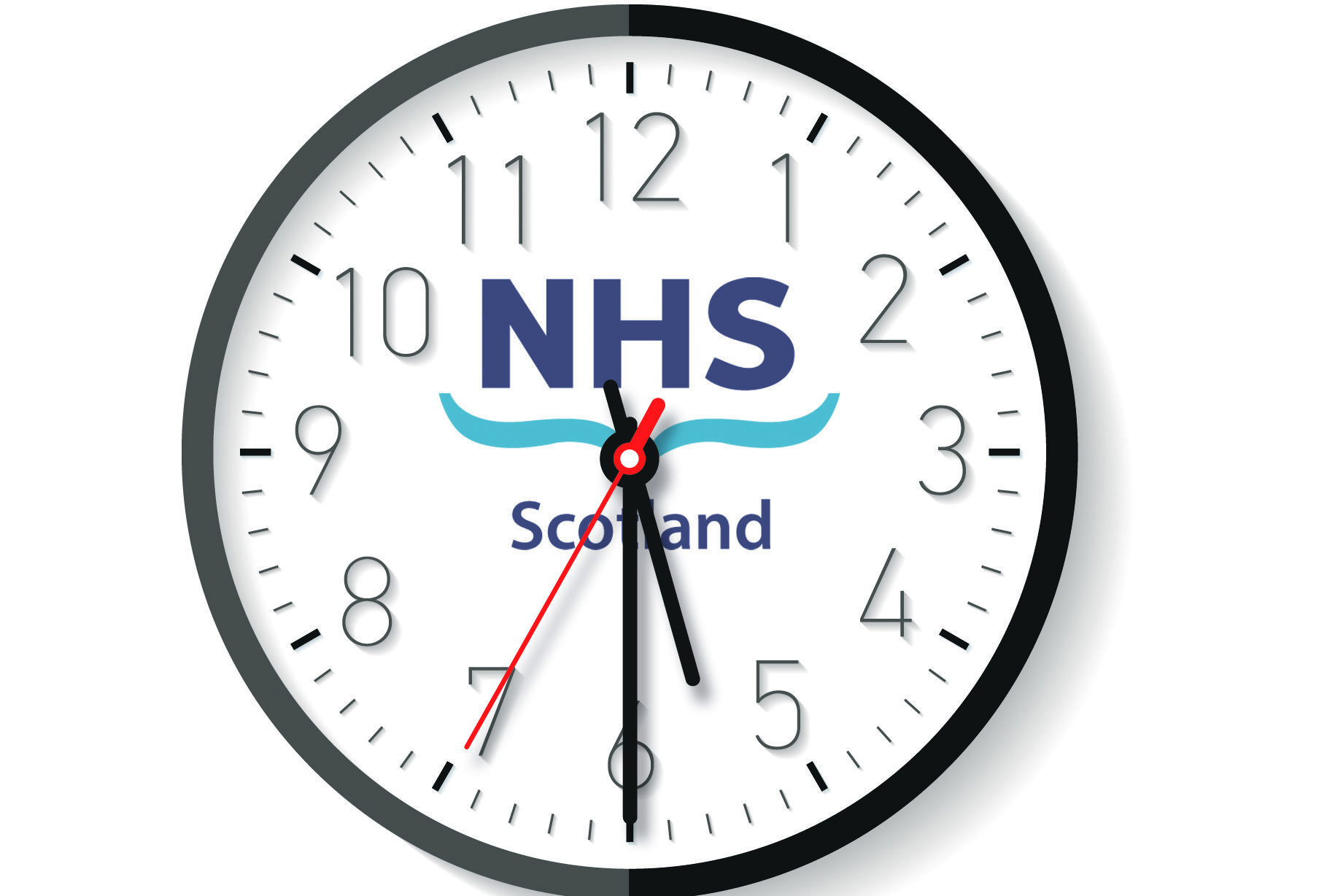
“Have you thought about going private?”
For possibly the first time in my overly articulate life, I was left speechless when my GP – young and newly qualified – ended our recent appointment by asking if I had the means to skip the NHS waiting list and pay for preferential treatment.
I had just spent the past 10 minutes explaining that, every month, heavy periods and excruciating cramps leave me unable to walk, only crawl, around my flat. After more than two years of numbing the pain with pills, I urgently need answers, tests and more specialist care, particularly as I’m in my early 30s and plan on, eventually, starting a family. Yet my doctor’s hands are tied.
The only thing he has been able to do is write a prescription for hormonal contraception that will ease (I would argue mask) the symptoms, and put through an “emergency” gynaecology referral that, he explained, could take up to two years to work its way through the system. Two. Years. Is it any wonder he asked me to consider a Bupa membership?
I’m far from alone. Every one of my female friends have similar stories of symptoms being left to wage war on their bodies because they can’t access the help they need, and there’s currently more than half a million people on gynaecology waiting lists in England.
Here in Scotland, it takes an average of eight and a half years to receive a diagnosis for endometriosis, a debilitating condition that causes tissue similar to the lining of the womb to grow in other places inside the body, leading to fertility issues, problems with the bladder and bowel, and ovarian cysts.
I’m almost certain it’s this condition that’s causing me so much anguish, but I can only wait for diagnostic tests, hoping it doesn’t cause too much damage in the meantime. Dr Edward Morris, the president of The Royal College of Obstetricians and Gynaecologists, has said he feels helpless not being able to speed up access to care for women, stating that there is an “element of gender bias in the system” that leaves women unheard and unable to seek treatment.
Gynaecology waiting lists soar as women’s health problems dismissed, doctor says
For those who think that’s simply feminist leftie nonsense, let’s take a look at some facts and figures.
First up, did you know that only 2.5% of publicly funded research is dedicated to reproductive healthcare, despite women accounting for 51% of the UK population?
Or what about the fact that 77% of women on gynaecological waiting lists say their condition stops them from being able to work or socialise as normal? Then there is five times more research into erectile dysfunction, which affects 19% of men, than into premenstrual syndrome, which affects 90% of women.
Still stinging from my doctor being unable to help, I read an article last week that, I think, sums up the general lack of empathy from many decision makers, which perpetuates “women’s issues” being devalued.
Writing in a broadsheet, Dr Paul Morland, a demographer at St Antony’s College, Oxford, suggested a few ways to improve dwindling birth rates, including taxing the childless, sending a telegram from the Queen whenever a family has a third child and, wait for it, implementing an education programme to inform people that “getting pregnant becomes more difficult with age”.
I’ll probably be 35 (a geriatric mum, according to the NHS) before a gynaecologist can even assess my fertility, but please, Paul, tell me more about how my womb has the shelf-life of a ripe avocado. If opinions like that don’t tell you there’s a problem with valuing women’s healthcare, I don’t know what will.

Enjoy the convenience of having The Sunday Post delivered as a digital ePaper straight to your smartphone, tablet or computer.
Subscribe for only £5.49 a month and enjoy all the benefits of the printed paper as a digital replica.
Subscribe